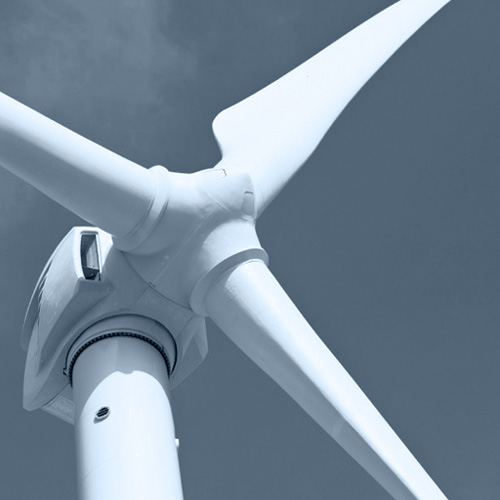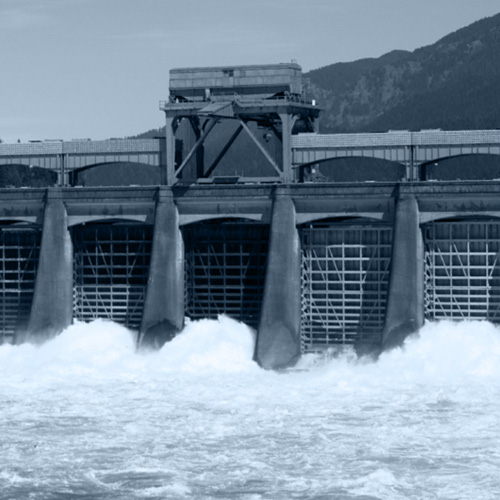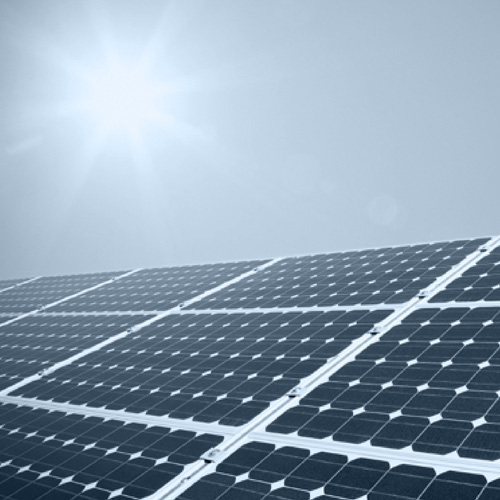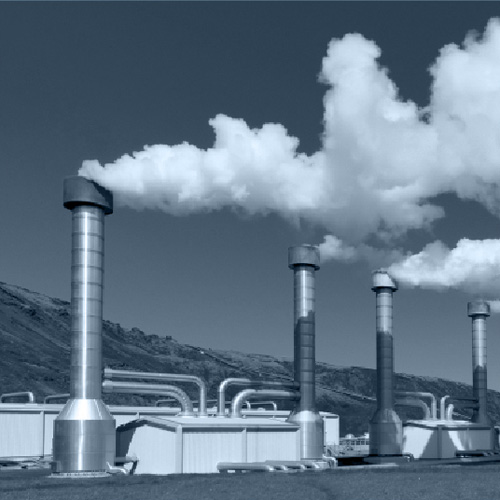 Has the green bubble burst in Oregon or is it just deflating a bit before staging a comeback?
Has the green bubble burst in Oregon or is it just deflating a bit before staging a comeback?
By Jon Bell
Like industries everywhere, Oregon’s renewable energy sector, which saw impressive growth before 2008, has experienced turbulence. Chinese solar panels and wind turbines have stiffened competition, and uncertainty around the extension of the federal Production Tax Credit (PTC), a valuable incentive for renewable energy companies, has many firms wary. Vestas Wind Systems and Iberdrola Renewables announced layoffs earlier this year.
At the same time, SoloPower is forging ahead with a $340 million facility in Portland that could someday employ 400. New federal tariffs on Chinese solar panels could help level the playing field.
So, has the green bubble burst in Oregon or is it just deflating a bit before staging a comeback?





“Green energy wasn’t really a bubble as investments go. A sign of a bubble is that people see first-generation investors making money and pile on after them. Nobody was truly making money here, just collecting government subsidies. The availability of subsidies attracted money, but few market participants believed that renewables made sense absent the subsidies. The future of renewable energy depends entirely on subsidies in the foreseeable future, aside from a few select applications. There may come a time, many years from now, when renewables can stand on their own feet, but we are very far away from that time. With falling natural gas prices, the time when solar makes sense is even farther away.”
Portland General Electric spokesman
“The recession certainly had an impact on development of renewable energy, just as it did on the overall picture of the region. We have seen some softening in load growth and our projections for what customers are going to need, but we see that as a dip rather than a stall. We’re still working to acquire new renewables. We have a renewable standard in Oregon [which mandates that 25% of power must be renewable by 2025], so we are going to be increasing our amount of renewable power in the coming years. [As far as subsidies go], even if you took away the major incentive, which is the Production Tax Credit, we would still add renewables. In our case, the tax incentives are essentially a pass-through to our customers. From a public policy standpoint, it makes sense that tax and environmental policies align.”
Erin Greeson
Spokeswoman for Renewable Northwest Project, a Portland nonprofit that advocates for the development of renewable resources
“We don’t feel the bubble has burst. The entire country and the world are recovering from a recession. We have a very strong renewable energy economy here, and it is being affected by the global economy. Renewable has always been kind of boom and bust because there’s never been sound, stable policies in place to fully support it. But we are very proud of the progress that the state has achieved in bringing clean renewable energy onto the system and for having the vision to see renewable energy as an economic driver. Renewable companies have invested $5.4 billion in Oregon. This industry has brought a lot of jobs to the state. New renewable energy is still a small fraction of what’s on the grid. We’re making progress, but the work has only just begun.”



